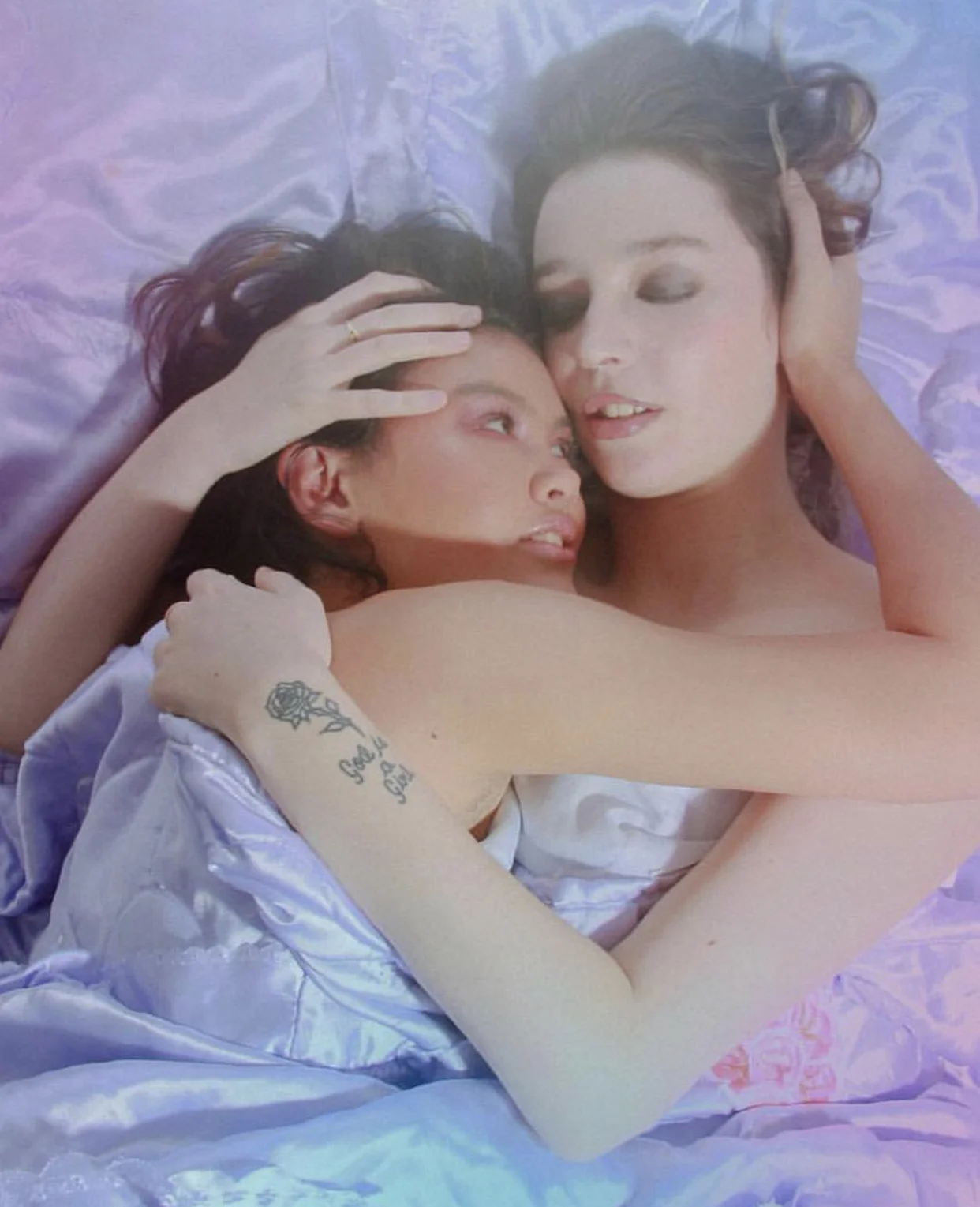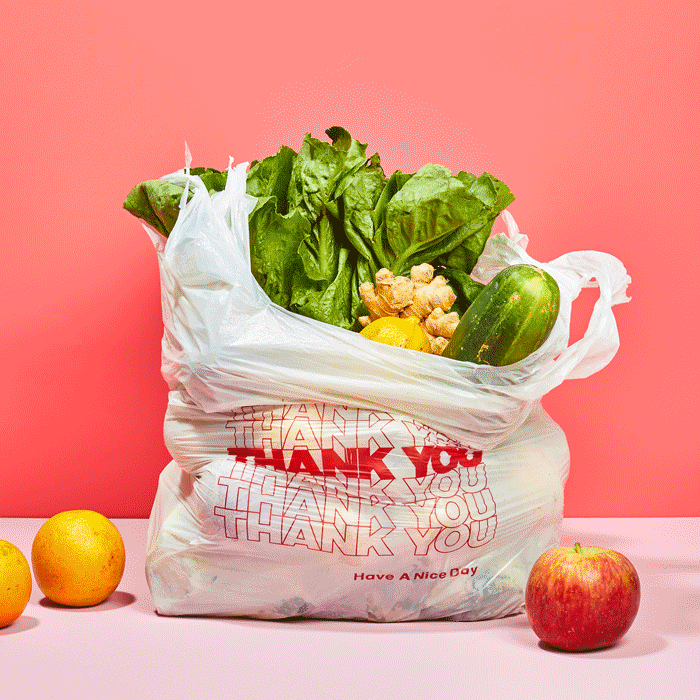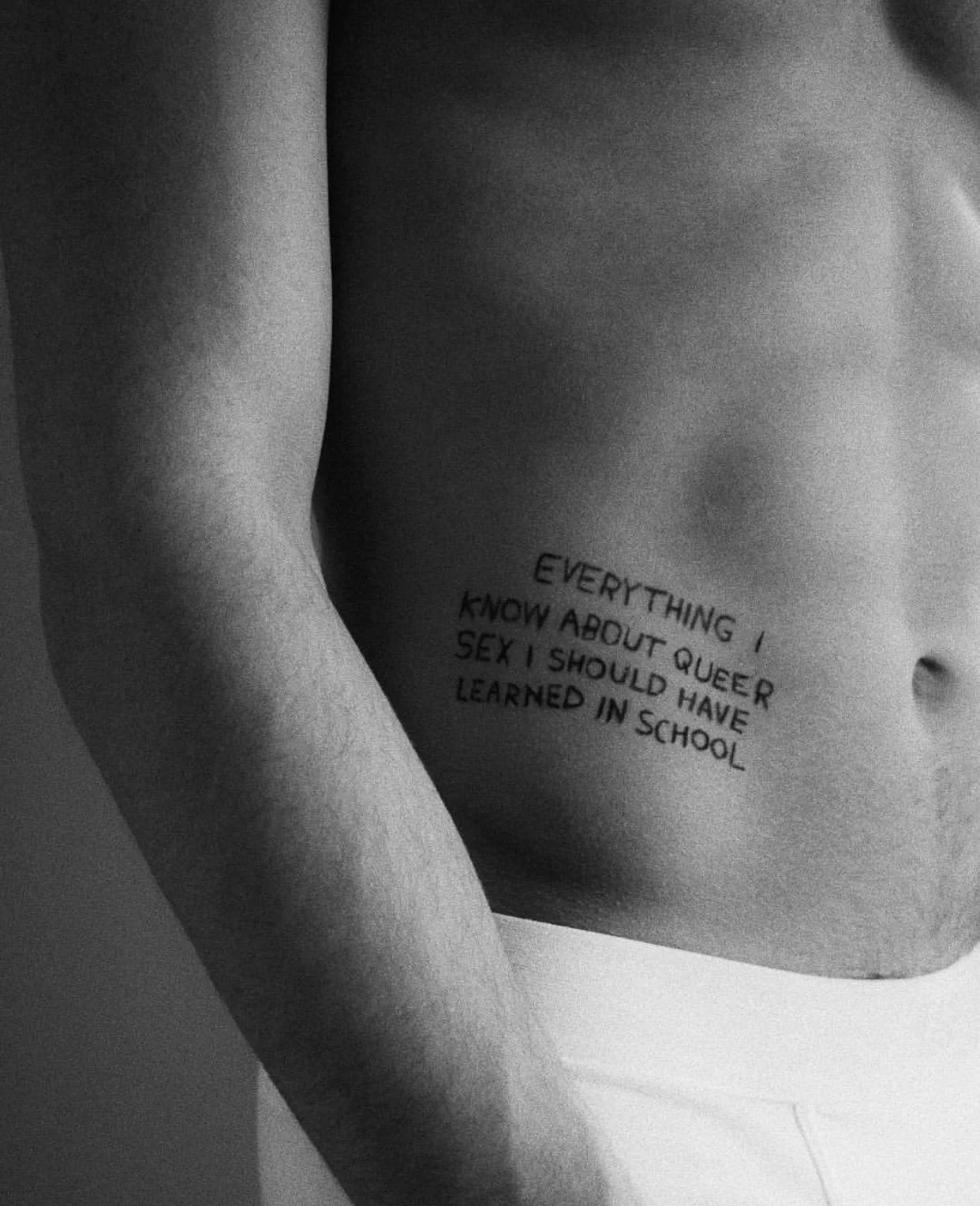To Let Your First Queer Love Go, Embrace Loneliness
Click the unfollow button — that’s the easy first step. But that blue link is too easy to click again; it’s the key to the padlock securing their photos. Moving on from a long-time love involves miles of steps; you could lap around the globe and the hole still won’t be filled. Letting go of a different kind of love, your first time loving a certain type of person you haven’t experienced before, tacks on extra laps.
Photograph courtesy of Mélanie Lehmann
When I came to college I considered myself a lukewarm queer; bisexual but mostly into men. My roommate, though, grew sick of hearing stories of unsatisfying romances and set me up with a woman. This woman had also recently started exploring her sexuality and had never been romantic with another woman. Over the year we dated, I grew comfortable in my queer skin—she taught me about identities I’d never understood, explained new ideas through wild metaphors. She was my first “adult relationship” and the person who made me proud to be queer, the woman I wanted to tell everyone I was dating.
Our ending was a cliffhanger, no one really knew what happened. Our knuckles turned white after gripping the love ledge for too long. We stopped talking almost entirely but it felt unfinished; we didn’t know how to end the story.
Sometimes when writing, a piece reaches a point where it isn’t working, and its best is to scrap it. You can rip the pages out of your notebook and put them away to smile at the memories later. Then you have to face the blank page—when getting out of your first queer relationship it may seem like all you can write is questions. But you have to step back and realize your identity was not cemented by this person.
When your queerness clicks you’ll feel a rush, almost like an endorphin surge. Past moments make sense, you feel relieved you’ve figured out this nudging in your stomach that something isn’t right. You might also be scared. Especially if you’re worried about public perception or your family’s acceptance of your identity, it’s easy to jump into a romantic relationship. They bring comfort, safety, a sense of belonging you might be lacking. When you’re finally getting the sexual pleasure that feels right, or a crush that gives you a buzz you haven’t felt before, you’ll cling onto that feeling, to that person. But they’re not the answer to the question mark that is identity.
In fact, getting out of your first queer relationship might be the best thing for you. It left you with ideas of what you like, what you want, but you need to sit with yourself in order to decipher and get comfortable with what that is. The best way to let go, especially while you’re a 20-something with too much on your plate, is to grow into yourself.
Gender identities and sexual orientations continuously evolve. Both have a long spectrum filled with arbitrary labels; no wonder there’s entire majors dedicated to LGBTQ+ studies. So read up on it—there’s numerous publications (including this one) that discuss all topics related to queerness with the goal of educating. Talk to people, meet new types of people. The best way to do this is with the freedom of being in a relationship with yourself.
It’s easy to get stuck in your first queer love. It’s challenging to meet other queer people, especially if you avoid dating apps like the plague; I’m still trying to figure out how people just approached others in bars before social media existed. It was difficult enough navigating this relationship; flirting with them for the first time, learning to make love to a new body type. You settled yourself in your queerness with this person.
There are a few basic tips necessary for moving on. First, and most importantly, make a playlist with the music you need. It doesn’t need to be tear-jerkers, but I heal best nuzzling up to Julien Baker and Big Thief. Eat your favorite meal, vent to your therapist, surround yourself with good people. Take time at the start of each day to center yourself. Stretch and feel all the muscles working and your brain waking up to carry you through.
To do all of this, you must get comfortable being alone. Realize that the person you’re no longer with was a step in your journey. Figuring out what you like and who you like is difficult. Experimenting and flirting, dating, kissing, doing different things with different kinds of people is necessary for self-exploration, but you don’t need to rely on committed romantic relationships.
In my experience—attending school on a campus of over 40,000 students but a queer community so small everyone is connected somehow—nonmonogamy is the norm. As I’ve said, each of us are at a turning point in our lives where we’re trying to fit the puzzle pieces together. We’re exploring and experimenting emotionally, sexually, spiritually, what have you. Tread carefully, but you’re not alone in navigating your interests and dipping your toes in the queer community. There’s no other to understand who and what you like than meeting and trying things out with new people.
But prioritize self-reflection. Do not depend on other people to figure yourself out. The person you’re letting go was just the springboard into this pool of information, identity and new experiences you’re young self is swimming through. Watch The L Word or hangout and your campus gender and sexuality center, find ways to inform you of what you like independently.
I’m not saying avoid love at all costs. I’m telling you to give yourself this needed break to reconnect with the one you’ve been all along. You’re hurting now, but every relationship—especially the ones that end—make you stronger. They make you more resilient, more aware of how to love and perhaps makes you a little more queer. Reframe the absence of spending time with this person as spending time with yourself. You will discover even more about who you’re into, and yourself in general, by flirting with yourself and consuming queer art or heading to your local lesbian pop-up bar with pals.
You need to learn self-love before you can love others. Our current social and political climates take blows at queer folks’ self esteems every day, but becoming comfortable with yourself builds a force field around you. So does spending time, romantically or not, with other queer people. Don’t grip onto a love for too long. Listen to sad gay music, cry if you need to, then realize all there is for you to see and learn about yourself.
About the Author
Sammy Gibbons (she/her) is a reporter and fiction writer, yoga-doer and vinyl collector. She is editor-in-chief of The Daily Cardinal, the University of Wisconsin’s student newspaper, and a radio DJ of six years. She will graduate in May with degrees in journalism and creative writing. When not writing or editing, she loves going to concerts, finding new music, camping out in coffee shops, reading (Joan Didion is her favorite) and petting her dog and cat. She’s interested in highlighting queer artists and speaking on LGBTQ+ issues, as well as feminist topics.



